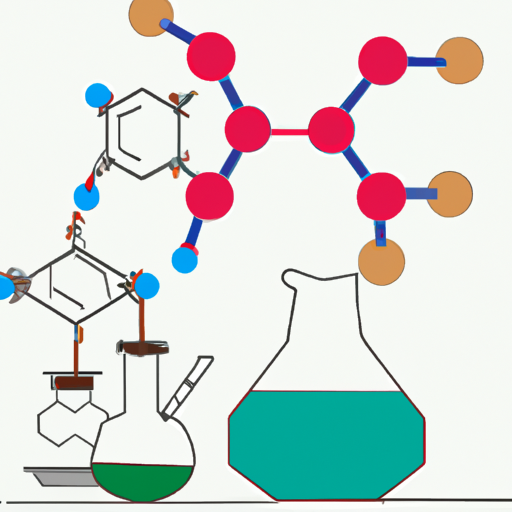
Polymeric flocculants play a vital role in various industries, including water treatment, mining, and wastewater management. These compounds are high molecular weight polymers that effectively coagulate suspended solids, colloids, and other impurities in liquids. The process of flocculation involves the binding of these particles together to form larger clumps, which can then be easily removed through filtration or settling.
In water treatment, polymeric flocculants are used to clarify and purify water by aggregating impurities into larger masses, facilitating their separation from the liquid. This method is more efficient than traditional chemical coagulants due to the larger size and better settling properties of the formed flocs.
In mining, polymeric flocculants are essential for solid-liquid separation processes, such as thickening and dewatering. By destabilizing fine particles and promoting their aggregation, these flocculants enhance the efficiency of mineral processing operations, leading to higher quality recovered materials and reduced environmental impact.
In wastewater treatment, polymeric flocculants aid in the removal of pollutants and organic matter from effluents, enabling compliance with stringent discharge regulations. Their high efficiency and versatility make them indispensable for treating industrial wastewater and municipal sewage.
Overall, polymeric flocculants offer a cost-effective and sustainable solution for various industries seeking to improve their processes’ efficiency and environmental performance. Their ability to enhance solid-liquid separation processes makes them a valuable asset in achieving clean water, efficient mineral recovery, and effective wastewater treatment.
